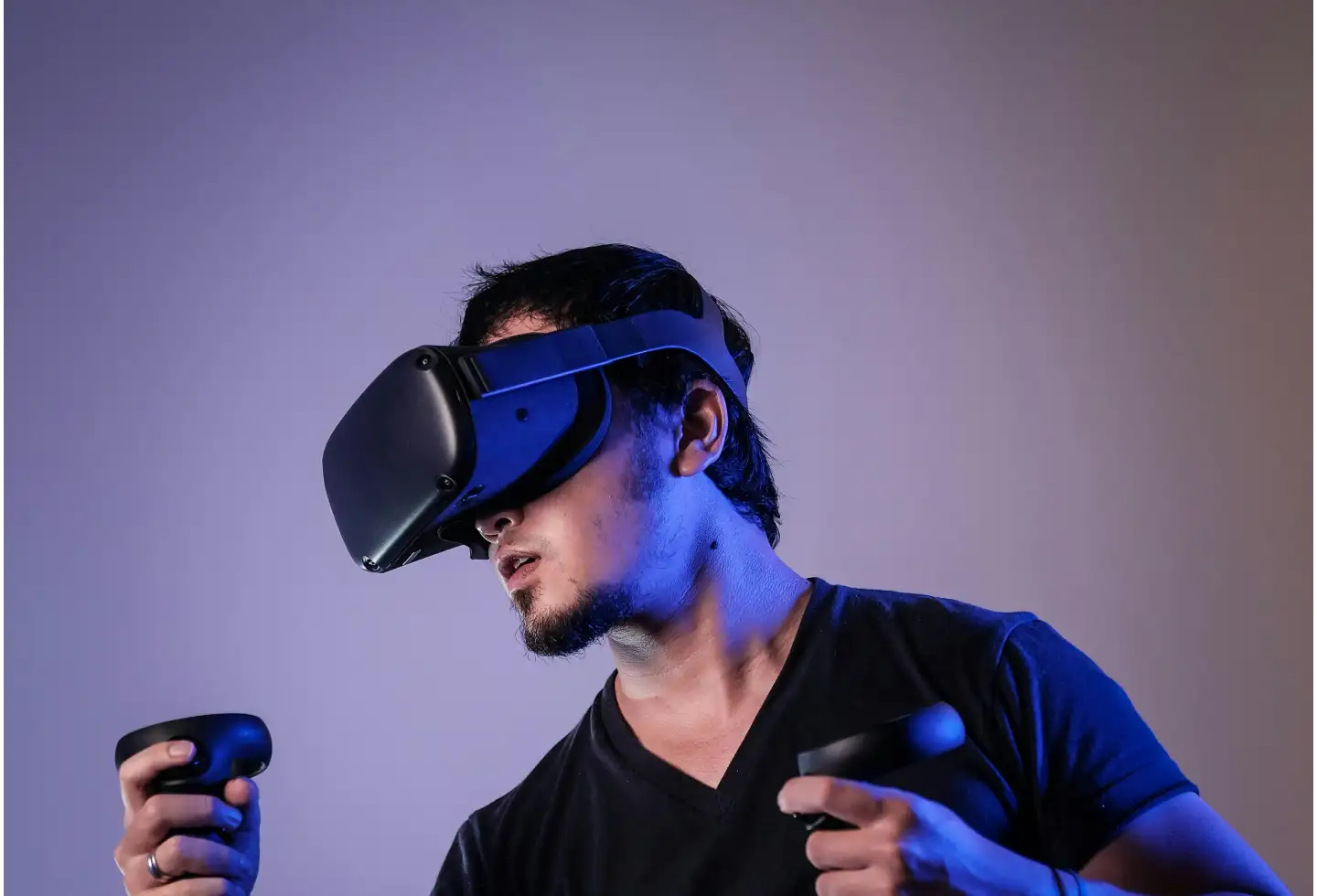Providing a groundbreaking frontier, generative AI has presented businesses with the capability to completely transform processes and models in a way that has never been witnessed before.
Its ability to automate procedures has drastically impacted the consumer experience, creating a highly personalized experience.
Some Gen AI use cases include – crafting custom visuals and branding assets, generating personalized product recommendations. And, it doesn’t stop there, since the tech is relatively new, it is rapidly evolving to suit every requirement.
According to Gartner, over 30% of outbound marketing messages from major brands will be synthetically created using generative AI by 2025, up from just 1% in 2022.
AI models like GPT-3, DALL-E, and many more are accessible to every business platform around the world. These AI models are also advancing their multimedia generation skills.
This includes the production of text, images, audio, etc., and quite literally anything imaginable through simple text prompts.
Generative AI provides businesses with a resource that enables organizations to move at an exponential pace while saving time and money.
Strategically integrating AI into the business models of the 21st century has become crucial to gain a competitive edge in creativity and productivity.
What is Generative AI?
Generative AI refers to artificial intelligence systems that can synthesize and produce new, artificial content.
It works across diverse formats like natural language, images, audio, video, 3D models, and even programmatic code.
Unlike traditional AI focused on classification or prediction, generative models can create entirely novel yet realistic, coherent outputs by learning the underlying patterns and distributions from training data.
Some of the most prominent generative AI breakthroughs include:
- GPT-3 and other large language models that generate fluent conversational/written text
- Image generation models like DALL-E, Stable Diffusion, and Midjourney
- AI music composition tools and instruments like Riffusion and Aiva
- Code-generating AI assistants (Copilot, Codex) and low-code platforms
- Text-to-video and 3D content generation through tools like Make-a-Video and DreamFusionAI
Gen AI Use Cases in Marketing and Advertising
Automating content creation using gen AI in business enables marketers to rapidly generate website copy, product descriptions, ad headlines, blog posts, social media captions, and more.
While also producing original branded visuals, audio, and video assets to accompany campaigns and content channels.
Personalization is another key use case, from dynamic promotional experiences to custom visuals tailored to user preferences in real-time.
Product Design and Development
For product teams, generative AI unlocks the ability to quickly prototype and visualize new concepts by generating synthetic data and models that simulate complete virtual representations.
This accelerates iteration and experimentation cycles while avoiding expensive physical prototyping for products ranging from retail goods and apparel to hardware devices and industrial components.
Customer Service and Engagement
Natural language models and generative AI-powered chatbots and virtual agents like Alexa or Google Assistant enable more natural, dynamic, and personalized customer interactions and recommendations.
Meanwhile, synthetic voice and avatars allow for the creation of tailored digital experiences and user-generated “digital employees.”
Creative Production
The creative industry is exploring generative AI for automating numerous asset production workflows across film, TV, games, publishing, advertising, and more.
Ranging from AI-generated character models and environments to automated writing/storyboarding assistance.
Operational Efficiency
Enterprises are leveraging gen AI in business for intelligent document processing like summarizing reports, extracting insights, and automating business communications.
Internal knowledge management, training programs, and general automation of time-consuming content workflows present major opportunities to boost productivity.
Key Challenges of Gen AI in Business
Data and Computational Requirements – Training robust, effective generative models requires access to extensive high-quality data resources as well as immense computational power often inaccessible to most organizations today.
Ethical Risks – Biases and harmful outputs in generative models, copyright/intellectual property violations, privacy infringements, and lack of transparency and accountability processes present major risks.
Workforce Impacts – Shifting roles, redefining workflows, upskilling employees, and establishing collaborative human-AI teaming processes require proactive workforce transformation strategies.
Overall, developing strong responsible AI practices and governance frameworks is necessary for mitigating generative AI’s risks while still empowering its value-driving capabilities.
Moving Ahead with Gen AI in Business
As presented in this article, generative AI has rapidly evolved to provide a breakthrough for new organizations and businesses across the world.
Generating text, images, video, speech code, etc., out of mere text prompts has opened possibilities for businesses and industries to not only save resources but also provide a personalized consumer experience like never before.
Throughout areas like marketing, product design, consumer engagement, and creative production workflows, these generative AI use cases has proven to elevate business models.
AI has reduced laborious unproductive tasks, streamlined operations, and fueled innovation.
While it offers a great promise it must also be given that this new technology must be navigated strategically and ethically.
A responsible AI adoption is critical for organizations to safely unleash generative AI’s potential.



